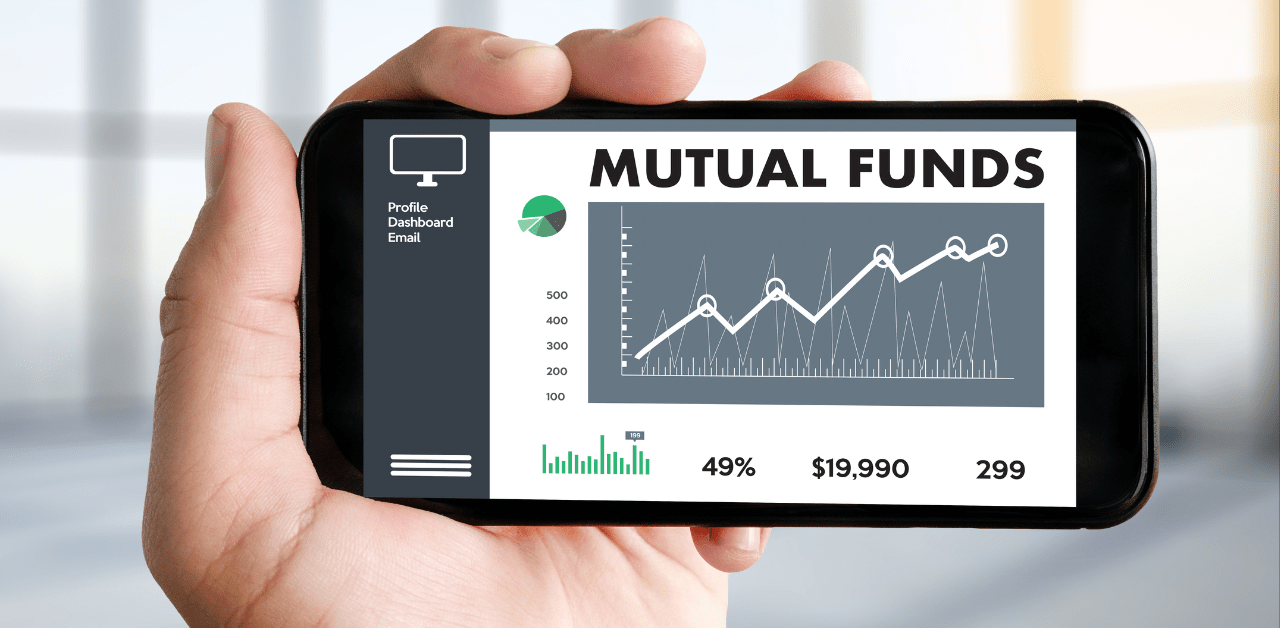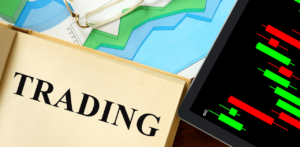Market makers play a critical role in financial markets by providing liquidity and facilitating trading. They buy and sell securities on their own account, creating a two-way market for other traders. Market makers profit from the bid-ask spread, which is the difference between the buying and selling prices. They aim to capture small profits by transacting at prices between the spread. Market making has evolved from floor trading to electronic trading, with computers and algorithms executing trades. Market makers also benefit from exchange rebates, where they receive a small rebate for providing liquidity. Electronic trading has changed the markets by increasing competition and requiring faster execution. Despite some complaints, market makers are essential for maintaining orderly markets and ensuring traders can easily buy and sell securities.
Key Takeaways:
- Market makers provide liquidity and facilitate trading in financial markets.
- They buy and sell securities on their own account, creating a two-way market for other traders.
- Market makers profit from the bid-ask spread, transacting at prices between the spread.
- Electronic trading has revolutionized market making, with computers and algorithms executing trades.
- Market makers receive exchange rebates for providing liquidity, contributing to their profitability.
The Role of Market Makers in Trading
Market makers in trading are responsible for creating a two-way market by buying and selling securities on their own accounts. They play a crucial role in the financial markets by providing liquidity and facilitating trading. Market makers profit from the bid-ask spread, which is the difference between the buying and selling prices. They aim to capture small profits by transacting at prices between the spreads.
Market making has evolved from floor trading to electronic trading, where computers and algorithms now execute trades. This transition has brought significant changes to the markets, increasing competition and requiring faster execution. Market makers also benefit from exchange rebates, receiving a small rebate for providing liquidity. These rebates contribute to their profitability.
Despite some complaints and criticisms surrounding market makers, they are essential for maintaining orderly markets. They ensure that traders can easily buy and sell securities, contributing to market efficiency. Market makers act as liquidity providers, attracting other traders and ensuring there is always sufficient liquidity in the market.
Evolution of Market Making
With the advent of electronic trading, market making has undergone significant changes, moving away from traditional floor trading to a more automated and efficient process. Computers and algorithms now play a crucial role in executing trades for market makers, allowing for faster transaction times and increased competition. This shift has not only transformed the way market makers operate but also brought about numerous benefits and challenges in the financial markets.
One of the major advantages of electronic market making is the ability to provide liquidity across multiple markets simultaneously. Market makers can now access a wide range of financial instruments and execute trades with greater efficiency. This has resulted in improved market liquidity, making it easier for traders to buy and sell securities.
Moreover, electronic trading has brought about tighter bid-ask spreads and reduced trading costs. The bid-ask spread is the difference between the buying price (bid) and the selling price (ask) of a security. By leveraging advanced technology and algorithms, market makers can transact at prices between the spread, capturing small profits in the process. This has led to increased market efficiency and better execution for traders.
The Benefits of Electronic Market Making:
- Access to multiple markets and financial instruments
- Improved market liquidity
- Tighter bid-ask spreads and reduced trading costs
- Increased market efficiency and better execution
While electronic trading has brought significant benefits, it is not without its challenges. Market makers now face increased competition from other market participants, including high-frequency traders and algorithmic trading firms. With faster execution times, market makers must continually adapt and evolve their trading strategies to remain competitive. They also need to manage the inherent risks associated with automated trading systems and ensure compliance with regulatory requirements.
In conclusion, the evolution of market making from floor trading to electronic trading has revolutionized the financial markets. As technology continues to advance, market makers must embrace these changes and leverage the power of automation to provide liquidity, improve market efficiency, and meet the evolving needs of traders.
| Benefits of Electronic Market Making | Challenges of Electronic Market Making |
|---|---|
| Access to multiple markets and financial instruments | Increased competition from other market participants |
| Improved market liquidity | Managing risks associated with automated trading |
| Tighter bid-ask spreads and reduced trading costs | Compliance with regulatory requirements |
| Increased market efficiency and better execution |
Benefits and Challenges of Market-Making
Market makers enjoy benefits such as exchange rebates for providing liquidity, but they also face certain challenges and criticism within the trading industry. By actively buying and selling securities on their own account, market makers ensure there is a continuous market for other traders, creating liquidity and allowing for efficient price discovery. In return, they receive exchange rebates from the platforms where they operate, contributing to their profitability.
One of the main challenges market makers face is managing the risk associated with their trading activities. As they provide liquidity by constantly buying and selling securities, they are exposed to price fluctuations and the potential for losses. Market makers must employ sophisticated risk management strategies and systems to mitigate these risks and ensure their operations remain profitable.
“Market makers play a crucial role in maintaining orderly markets and providing traders with the ability to easily buy and sell securities.”
Furthermore, market makers have been subject to criticism, particularly in cases where they are accused of manipulating prices or taking advantage of other traders. While there have been instances of such behavior in the past, regulators have implemented stringent rules and regulations to address these concerns and ensure fair market practices. The role of market makers in maintaining liquidity and order in the markets cannot be understated, as they play a critical role in facilitating seamless trading for all participants.
| Benefits of Market Making | Challenges of Market Making |
|---|---|
|
|
Market Making in Different Financial Markets
Market-making strategies and operations vary across different financial markets, including equity, forex, options, and stock markets. In each market, market makers play a crucial role in providing liquidity and ensuring efficient trading.
Equity Market Makers
In the equity market, market makers are responsible for maintaining a continuous market for specific stocks. They are required to quote bid and ask prices and provide liquidity to ensure that investors can easily buy and sell shares. Market makers in the equity market often operate on exchanges or alternative trading venues and are subject to specific regulations and obligations.
Equity market makers utilize a range of strategies to manage their positions and minimize risk. They may engage in high-frequency trading or use sophisticated algorithms to identify trading opportunities. These market makers monitor market trends, news, and other factors that may impact stock prices to make informed trading decisions.
Forex Market Makers
In the forex market, market makers facilitate currency trading by providing bid and ask prices for various currency pairs. They ensure a smooth flow of liquidity, allowing traders to buy or sell currencies at any time. Forex market makers operate globally and are often large financial institutions that offer competitive spreads and fast execution.
Forex market makers rely on their vast network of liquidity providers, including banks and financial institutions, to ensure sufficient liquidity in the market. They constantly adjust their bid and ask prices in response to market conditions, such as economic data releases or geopolitical events that may impact currency exchange rates.
Options and Stock Market Makers
Options and stock market makers specialize in providing liquidity for options contracts and individual stocks, respectively. They play a vital role in ensuring there is a ready market for options trading and stock transactions, allowing investors to hedge their positions or execute trades efficiently.
Options market makers provide bid and ask prices for options contracts, allowing traders to buy or sell these contracts at any time. They manage their positions based on various factors, such as the underlying asset’s price, volatility, and time to expiration. Stock market makers, on the other hand, provide liquidity for individual stocks, ensuring that investors can easily buy or sell shares on the exchange.
In conclusion, market-making strategies and operations differ across equity, forex, options, and stock markets. Market makers play a vital role in maintaining liquidity, facilitating trading, and ensuring efficient markets in these diverse financial sectors. Their ability to provide bid and ask prices, manage risk, and adapt to market conditions is essential for the smooth functioning of these markets.
| Financial Market | Main Role of Market Makers |
|---|---|
| Equity | Provide continuous market for specific stocks |
| Forex | Facilitate currency trading and provide liquidity |
| Options | Produce bid and ask prices for options contracts |
| Stock | Provide liquidity for individual stocks on exchanges |
Conclusion
Market makers play a crucial role in the trading ecosystem, providing liquidity and facilitating smooth transactions across various financial markets. They buy and sell securities on their own account, creating a two-way market that allows other traders to easily buy and sell. By profiting from the bid-ask spread, market makers capture small profits by transacting at prices between the spread.
The evolution of market making from floor trading to electronic trading has revolutionized the industry. Computers and algorithms now execute trades, enabling market makers to operate more efficiently. The advent of electronic trading has also increased competition and necessitated faster execution, benefiting both market makers and traders in terms of speed and accessibility.
Market makers also benefit from exchange rebates, which provide a small rebate for providing liquidity. These rebates contribute to market makers’ profitability and incentivize their role as liquidity providers. Despite some complaints and criticisms regarding market makers, their importance in maintaining orderly markets cannot be understated. They ensure that traders can easily buy and sell securities, promoting market liquidity and stability.
From equity markets to forex, options, and stocks, market making operates across various financial markets. Each market has its own characteristics and considerations, but the role of market makers as liquidity providers remains consistent. Their presence helps create a vibrant trading environment and supports efficient price discovery.
In conclusion, market makers are an integral part of the trading landscape. Their provision of liquidity, facilitation of smooth transactions, and contribution to market stability are paramount. As electronic trading continues to evolve and financial markets become increasingly interconnected, market makers will continue to play a vital role in enabling efficient and reliable trading.
FAQ
Q: What is the role of market makers in financial markets?
A: Market makers provide liquidity and facilitate trading by buying and selling securities on their own account, creating a two-way market for other traders.
Q: How do market makers profit from their activities?
A: Market makers profit from the bid-ask spread, which is the difference between the buying and selling prices. They aim to capture small profits by transacting at prices between the spread.
Q: How has market making evolved over time?
A: Market making has evolved from floor trading to electronic trading. Computers and algorithms now play a crucial role in executing trades for market makers.
Q: What benefits do market makers receive for providing liquidity?
A: Market makers receive exchange rebates, a small rebate for providing liquidity. This contributes to their profitability.
Q: Are there any challenges or criticisms associated with market makers?
A: While there may be some complaints, market makers are essential for maintaining orderly markets and ensuring traders can easily buy and sell securities.
Q: How does market making differ in different financial markets?
A: Market making operates in different financial markets, such as equity, forex, options, and stock markets. Each market has its own specific characteristics and considerations for market makers.








